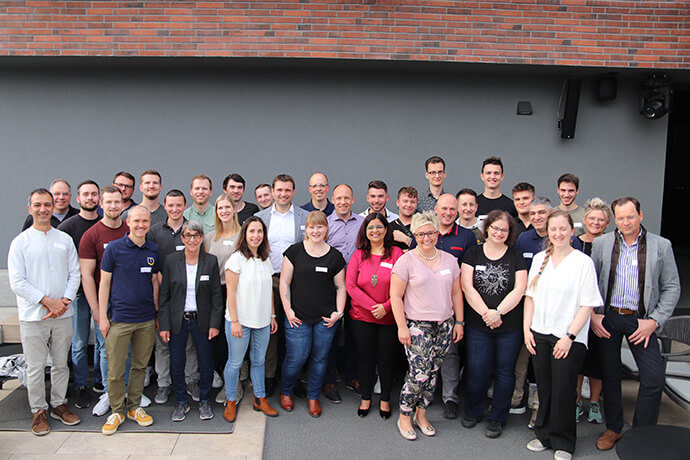When was the last time you evaluated your IT security concept? Do you even have one? How do you create it? Who takes care of it? If something goes wrong, what do you do? Are you liable for it?
Critical infrastructures have to be operational at all times, and are required by law to take specific care of their IT security, e.g., with the help of an IT security officer.

- An independent IT security officer who will provide you with unbiased support and advice on all IT security issues
- Assurance that all the responsibilities of an IT security officer are being reliably fulfilled
- Continuous consulting and concrete proposals for action to continuously ensure and improve your IT security
Read on for more detailed information, but don't wait too long. Time is of the essence.













